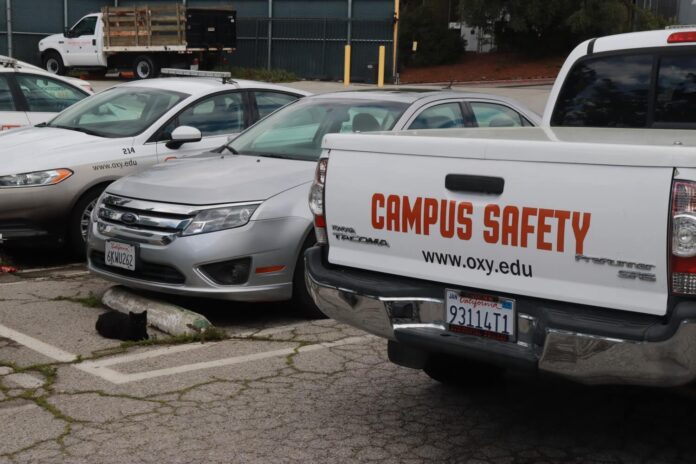
In an age of increased fear of events like school shootings, Campus Safety is prioritizing outreach to the Occidental community so that students, faculty and staff can understand the processes in place and services available in the event of an emergency. The Campus Safety Office at Occidental College is responsible for monitoring and securing the campus and answering service and escort calls, among a range of other duties. The main priority of the people who are behind the daily operations and overall organization of Campus Safety is to create a safe and comfortable environment for everyone on the Occidental College campus.
Rick Tanksley, the director of Campus Safety, is responsible for overseeing all safety-related initiatives on campus. Tanksley has worked at Occidental for five years and was previously a law enforcement officer and a chief of police in Illinois. According to Tanksley, Campus Safety personnel differ from law enforcement because they are civilian security guards who are certified by the state of California.
“The vast majority of our small group of individuals have no previous law enforcement experience,” Tanksley said. “The term was ‘officer’, but I’ve been searching for a new title, a new designation for the different positions we have within Campus Safety, because I don’t want us to be associated in any way with law enforcement.”
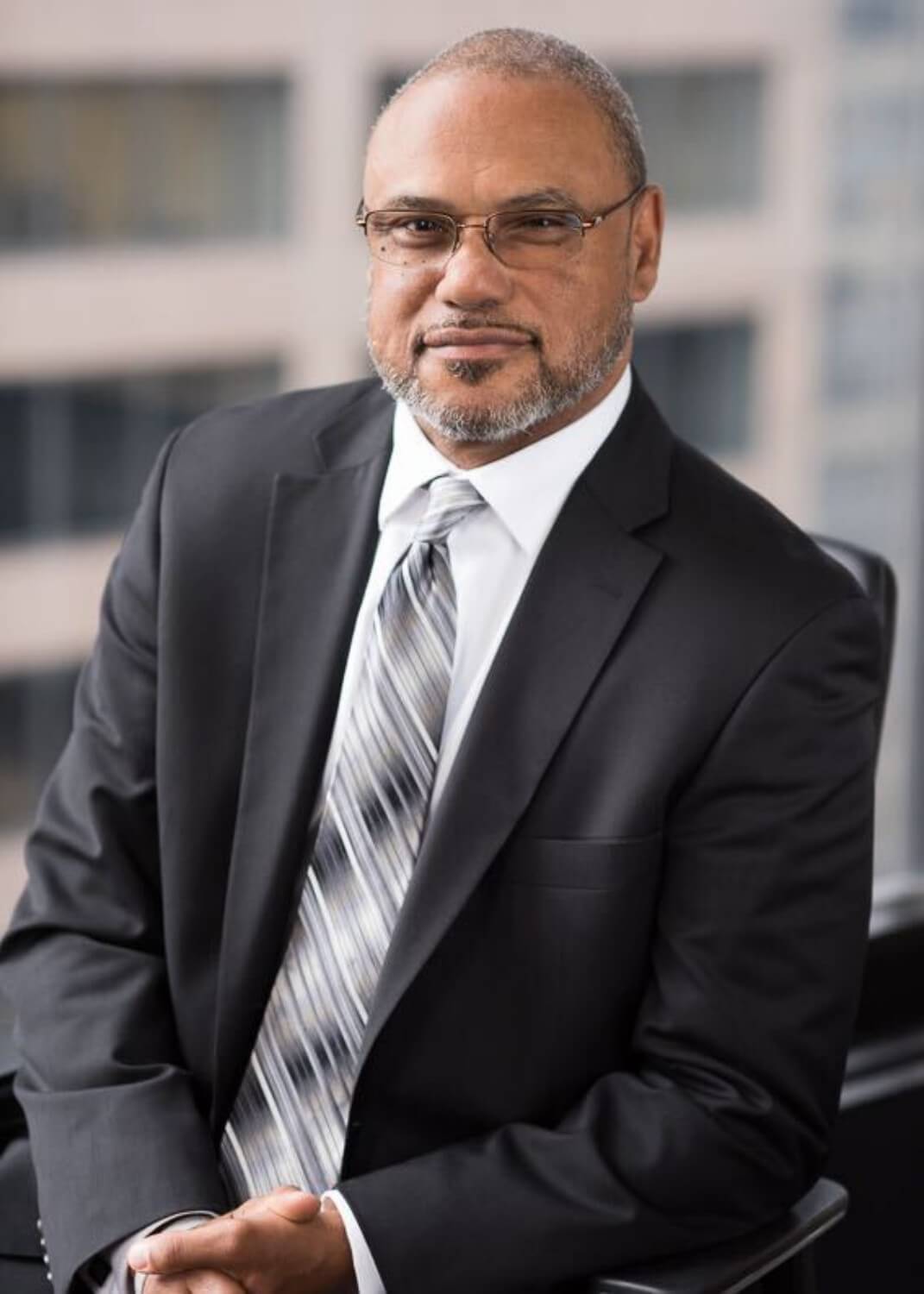
According to Tanksley, there are campus safety personnel on duty 24/7. Their main responsibilities include opening and closing buildings, helping individuals who are locked out of various spaces and coordinating with facilities for large gatherings.
“We also provide safety escorts to students who don’t feel safe walking from place to place or who have somehow injured themselves and would like a ride because of their mobility issues,” Tanksley said.
A main component of the protocol for campus safety regarding dangerous incidents such mass shootings on campus is working with the Los Angeles Police Department (LAPD) and the Los Angeles Fire Department (LAFD). According to Tanksley, Occidental has a memorandum of understanding with the LAPD about what to expect from them in an emergency situation.
“Because our numbers are relatively few, our roles are somewhat limited in our ability to respond to certain things,” Tanksley said. “If there was a shooting on campus, one of the first things we do is notify the LAPD. But, since the LAPD is not familiar with the various locations on campus, we have established with them that there should be one Campus Safety officer meeting the responding officers at the entrance to campus in order to direct them to the location where the incident is taking place, while the other Campus Safety officer or officers respond to the location.”
Tanksley said that it is important to keep in mind that Campus Safety personnel are not police and do not carry firearms, so they could not engage an active shooter. The same protocol of campus safety personnel responding to a situation until first responders can arrive applies to events like an earthquake or a fire as well.
After the recent “Peeping Tom” incidents, Campus Safety has adjusted how they monitor the residence halls at night and is sending out more patrols.
“It’s important that we inform the community of what is happening in a timely fashion. If people are aware of safety issues on campus, then they can readily report suspicious activity to Campus Safety,” Tanksley said.
Campus Safety is holding an active assailant, “Run, Hide, Fight” presentation Thursday, March 30, from noon to 3:30 p.m.
“Unfortunately, because active assailant situations have become almost an everyday occurrence in America, we felt it important that we provide information to students about what to expect and what they should do in the event of an active shooter situation,” Tanksley said.
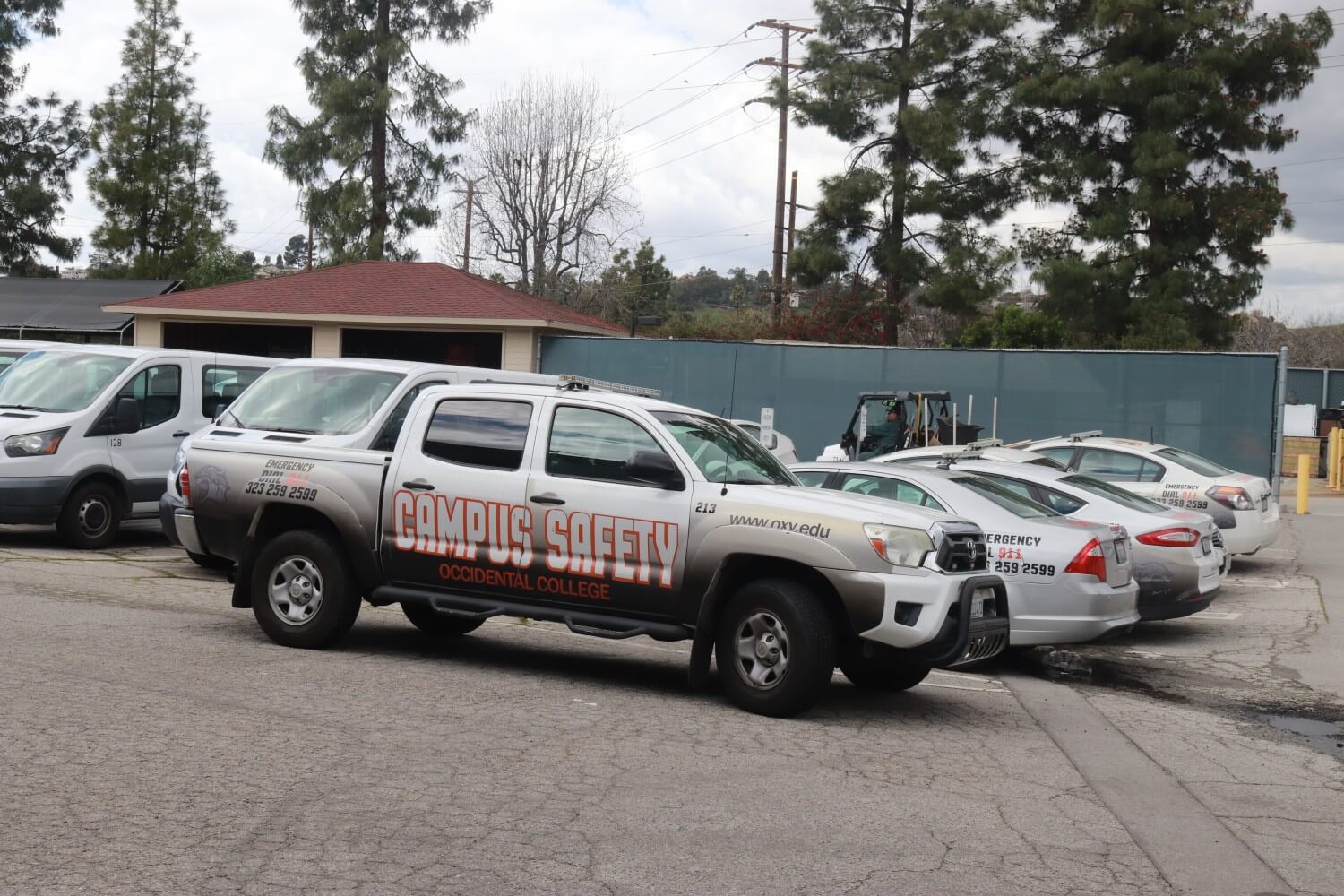
Tanksley serves as the chair of the Campus Safety Advisory Committee (CSAC) which was established in 2016 and is composed of students, staff and faculty who review procedures and policies and advise Campus Safety.
Juno Desch (senior) is a student representative on CSAC and said that issues the committee has been discussing this past semester include the Peeping Tom incidents and the safety audit. Desch said that Campus Safety is bringing in an outside contractor to evaluate how prepared the campus is for an emergency response.
According to Tanksley, an assessment will be conducted to determine whether the plans for emergencies are up to date and reflective of the best practices.
“Our goal is to continue to examine ways in which we can positively engage the community at large and how we can better assist the individuals, the people that we serve.” Tanksley said.
Tanksley also said that Campus Safety is hoping to engage the student body in at least one drill per academic year outside of fire drills, whether it be an earthquake or an active shooter drill.
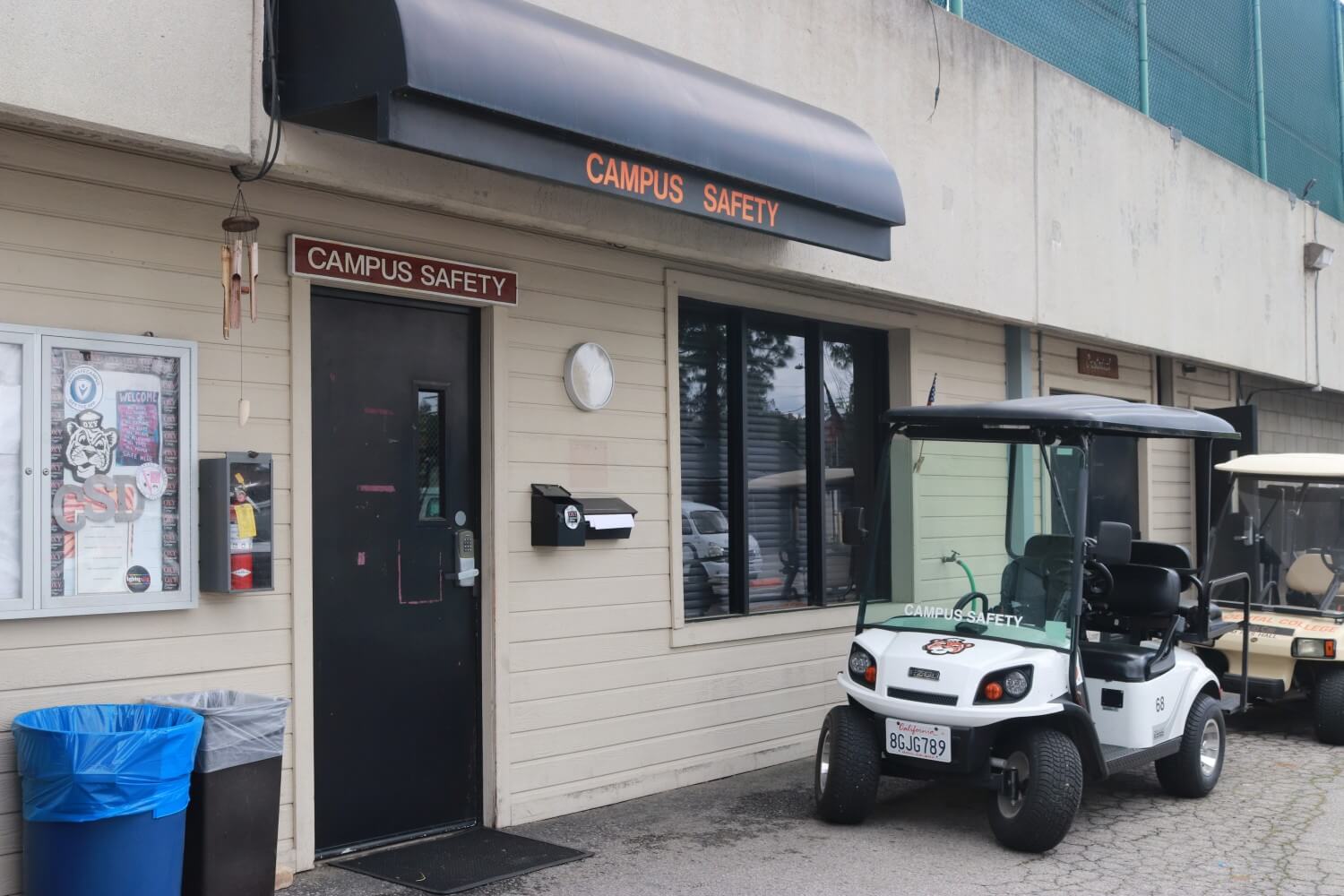
Desch said that making students feel safe doesn’t mean making the campus look like a militarized space, or full of campus safety personnel monitoring students, but it does require a lot of student participation and response.
“I think a lot of the student role on CSAC is to advocate for what students are experiencing safety-wise,” Desch said. “I think asking students, faculty and staff ‘What does safety mean to you?’ and ‘What does it mean to have your safety met?’ are central questions.”
According to Desch, they reached out to representatives from Project SAFE to also sit on CSAC in order to help offer services to individuals who have been affected by incidents like the Peeping Tom.
Desch said they aspire to have CSAC can work more preventatively rather than having to come up with quick responses to different campus issues. Also, Desch said that they try to follow the results of a student survey of Campus Safety that was conducted by the Diversity and Equity Board in the early days of CSAC.
“A lot of the recommendations in here are that mental health and drug crisis response need to be handled better and not by Campus Safety,” Desch said. “I think finding ways to build our community to help people is one of the central things. Safety is not just a Campus Safety issue. It encapsulates so many groups, like housing services, Project Safe and even Title IX sometimes.”
Vivian Garay Santiago, the assistant vice president for student affairs and associate dean of students, sits on the Emergency Preparedness Committee, and said that the purpose of the group is to make sure the campus community can withstand any kind of emergency or disaster.
“The goal of any kind of emergency planning and operations group is knowing how to be prepared and respond to an incident, because something will happen, because we are living in a world where these things happen, and then being able to get back to business as usual,” Garay Santiago said.
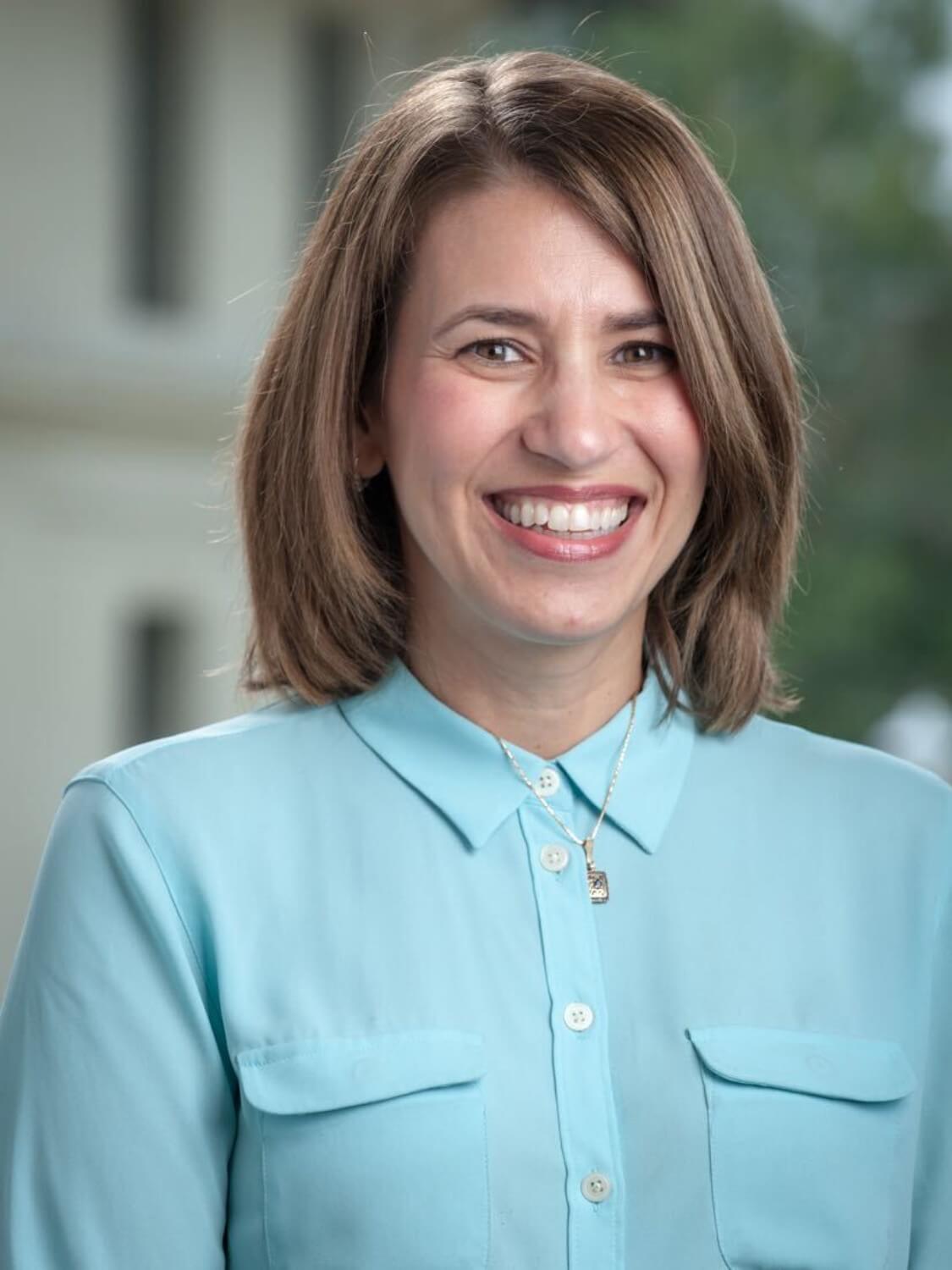
According to Garay Santiago, major possible crises the group has been focused on lately involve excessive water and concerns about relocating students if rain flooded a building, an issue that would require different groups like Campus Safety and Facilities Management to coordinate extensively. Garay Santiago said she used to work as a disaster trainer at nonprofit agencies and her main priority was making sure everyone knew what their task would be in any type of crisis.
“I would use the metaphor of being on a baseball team. You don’t want everyone to suddenly think they’re the first baseman because then nobody’s covering shortstop and nobody’s covering the other bases,” Garay Santiago said. “You need people to understand their roles.”
Garay Santiago also sits on the Occidental College Behavioral Intervention Team (OBIT) which conducts investigations and evaluates behavior that has been reported and could potentially turn threatening or violent.
“It could be a situation that’s external to Oxy that can impact the college, or it could be when there’s a student that’s starting to cause concern among their peers,” Garay Santiago said.
The Threat Assessment Policy details how suspicious behavior should be reported and how OBIT handles such reports and may intervene with the help of law enforcement or mental health agencies.
Garay Santiago said that Occidental College has fostered relationships with LA County Department of Mental Health and with other college campuses so that mutual aid and assistance can be offered in the aftermath of a traumatic event.
“All of this is a shared responsibility,” Garay Santiago said. “Our job is to take care of you, but to do it we also need you to see how you can do that for yourself and for one another.”
Ways of taking care of ourselves and one another can range from making an appointment with an Emmons counselor to attending the active assailant presentations. It can mean becoming a student representative for CSAC or simply making an appointment with Rick Tanksley during his office hours to express concerns. Campus Safety is responsible for the general security of the school, but the idea of everyone feeling safe on campus is only possible if people look out for each other.
Contact Ava LaLonde at lalonde@oxy.edu
![]()






























